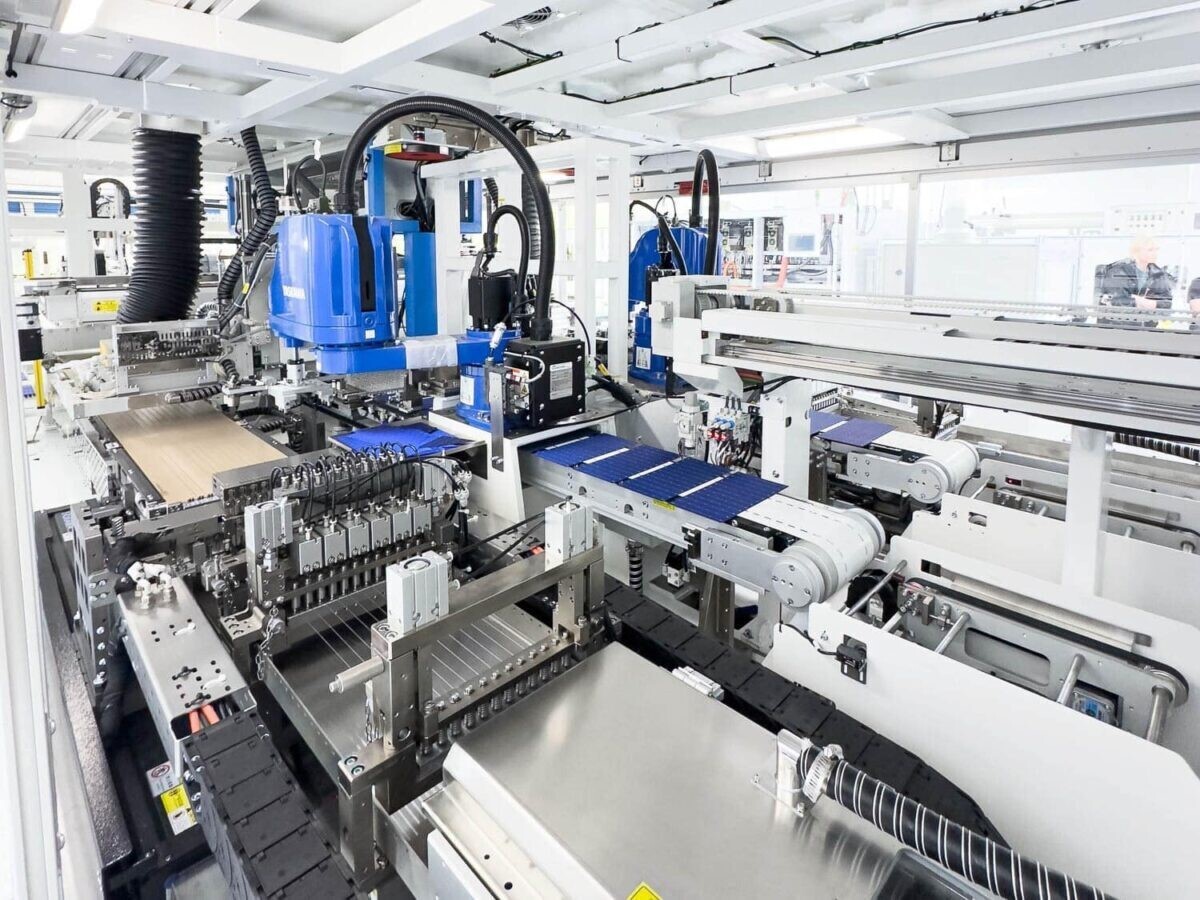您想继续阅读英文文章还
是切换到中文?
是切换到中文?

THINK ALUMINIUM THINK AL CIRCLE

Anthony Norman Albanese, the 31st Prime Minister of Australia, has recently announced that the New South Wales-based former coal-fired power station, Liddell, will be turned into a solar panels manufacturing hub. The upcoming Solar SunShot program project is expected to be a part of the $1 billion federal program.

About the initiative
The ultimate goal is to establish a robust supply chain, starting with producing glass for panels, followed by aluminium frames, and eventually, the solar photovoltaic cells, along with the pure polysilicon required for manufacturing. The initiative will help ramp up the production of solar panels within Australia. Although one in three Australian households has solar panels, marking the highest rate globally, only 1 per cent of these panels are domestically manufactured.
This new program is named the Solar SunShot program, and the federal government is aiming to transform this landscape by offering production subsidies and grants to bolster Australia's presence in the international solar manufacturing supply chain. Speaking to ABC Radio Newcastle, Mr Albanese disclosed plans for the closed Liddell Power Station site near Muswellbrook, which will be repurposed into a solar manufacturing hub.
What the investment will bring
This investment aims to enhance energy security, transition jobs from coal and gas to the solar industry, and mitigate risks related to supply chain disruptions and geopolitical tensions. This announcement marks a pivotal moment. The federal government is proposing a direct investment in manufacturing the primary technology that Australia will depend on for its energy production. By 2050, the goal is for solar energy to supply most of our electricity needs. However, this vision can only be realized if we ensure an ample supply of solar panels.
Imagine the impact of a solar manufacturing industry capable of producing a gigawatt's worth of panels annually. Such an achievement would create approximately 750 jobs and satisfy around 20 per cent of our current solar demand. As this ecosystem flourishes, more employment opportunities, including manufacturing glass and aluminium frames, would arise. This transformation promises Australia a vibrant, sustainable future, reinvigorating its position as a leader in solar energy innovation and production.

Why aluminium is a preferred metal for solar panels
As per AL Circle's recently curated industry-focus report - "Global ALuminium Industry Outlook 2024", over 85 per cent of the mineral material demand for various solar PV components, ranging from frames to panels, is met by this metal. According to a 2020 World Bank study, aluminium is the predominant mineral material in solar photovoltaic (PV) applications.
The exceptional combination of lightweight strength, corrosion resistance, and durability positions aluminium at the forefront of constructing renewable energy platforms such as solar panels and wind turbines. Its adaptability shines through in the form of aluminium extrusions, offering a versatile and ideal choice for crafting solar panel frames. Moreover, aluminium contributes to enhancing the efficiency of solar cells. Incorporating embedded aluminium studs significantly boosts solar panel efficiency, leveraging the material's unique reflectivity properties. As the world embraces sustainable energy solutions, aluminium plays a pivotal role in advancing the capabilities and effectiveness of renewable technologies.
What Anthony Norman Albanese said
"Liddell, of course, helped to power New South Wales for a long period of time in the last century and into this one. Now, the production that will occur there will help power New South Wales and Australia, and potentially have export potential as well," said Anthony Norman Albanese.
He emphasized that launching the program in the NSW Hunter region was essential to ensure that coal communities, like Muswellbrook and Singleton, were kept from being left behind as mines and power stations phased out over the next few decades.
"There are other planned closures in the future ... [it is important] that we look for opportunities that workers continue to be employed in alternative, high-paying secure jobs. That is what we are about using industry policy, particularly when it comes to manufacturing, because we want a future made here in Australia," added Mr Albanese.
Responses








